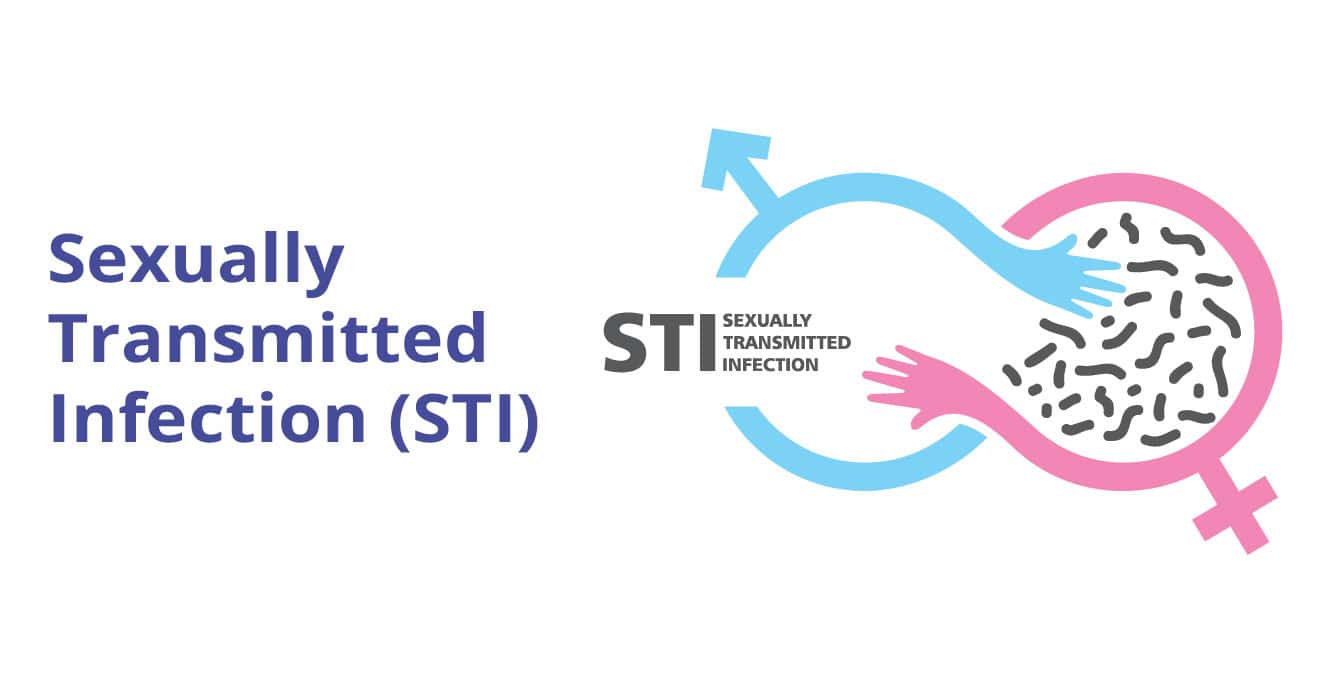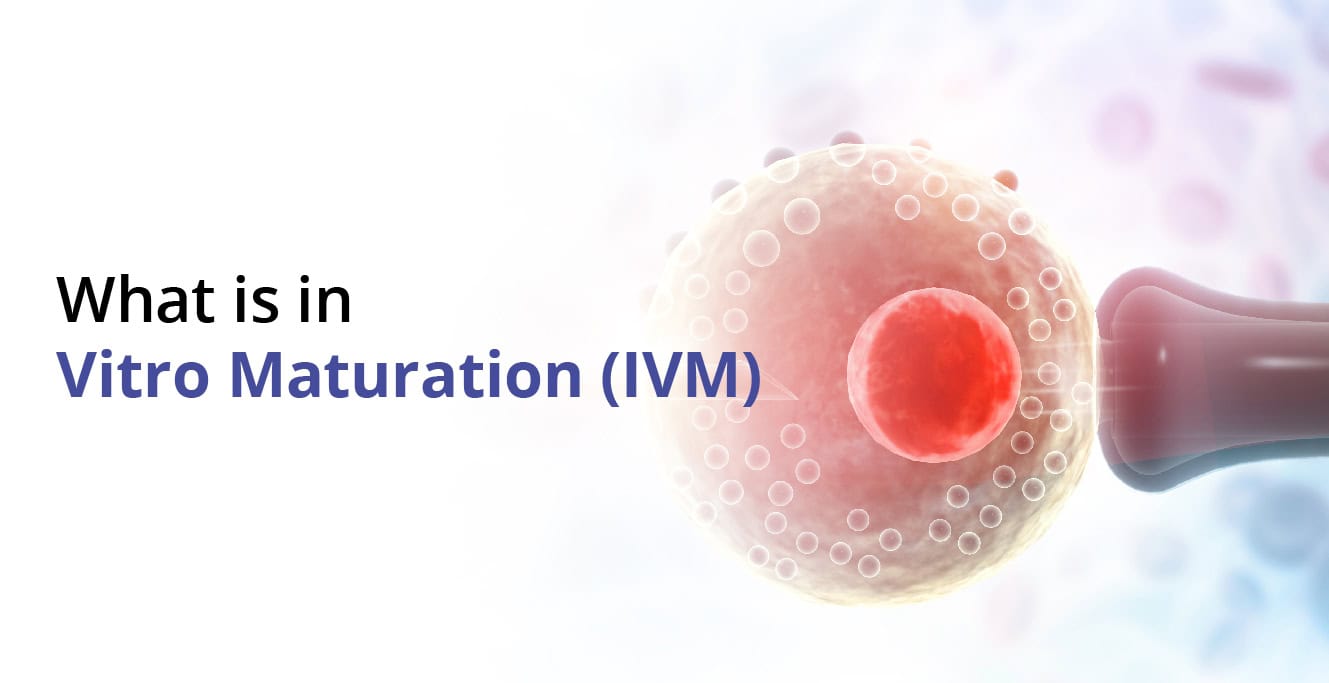Sexually Transmitted Infections
- Published on July 30, 2022

Sexually transmitted infections (STIs) are infections that get transmitted from one person to another through sexual contact. This infection is usually transmitted through vaginal, anal, or oral sexual intercourse. But this can also spread by being in intimate physical contact with the other infected person. This is because some STDs, like herpes and HPV, are spread by skin-to-skin contact. As per WHO, there are more than 30 different bacteria, viruses, and parasites known to be transmitted through sexual contact.
Dr. Rachita shares her insights in detail about sexually transmitted infections, their symptoms, underlying causes, types, diagnosis, and treatment options available.
Table of Contents
What are Sexually transmitted infections?
The majority of sexually transmitted infections (STIs) and illnesses are spread through sexual interaction. Blood, semen, vaginal fluid, and other bodily fluids can carry the bacteria, viruses, or parasites that cause sexually transmitted illnesses from one person to another.
These infections can occasionally be spread nonsexually, such as when women give birth to their babies or when they receive blood transfusions or share needles.
STIs occasionally go unnoticed. Sexually transmitted illnesses can be acquired from individuals who appear to be in excellent condition and may not even be aware that they are infected.
Sexually transmitted Infections (STI)- Symptoms
Though there are no symptoms at all, STDs or STIs can show a range of signs and symptoms. Below are some symptoms that might indicate an STI:-
- Painful or burning while urinating
- Pain in the lower abdomen
- Pain during intercourse
- Unusual vaginal bleeding
- Sores or bumps on or around the genitals
- Discharge from the penis
- Sore, swollen lymph nodes, particularly in the groin
- Fever
- Random rashes over the trunk, hands, or feet
There are some symptoms that may start to appear. However, depending on the individual that is causing the STI, it can be years before you start experiencing any obvious issues. Therefore, it is always recommended to get yourself tested every now and then for any unwanted infections.
Also read about the causes of foamy urine
Causes of Sexually transmitted infection (STI)
There are many known and unknown reasons that can cause the infection. Below mentioned are types of viruses, bacteria, and parasites, which if detected on time can be controlled or treated.
- Viruses: STIs brought on by viruses include genital herpes, HIV, and the HPV virus.
- Bacteria: STIs caused by bacteria include chlamydia, syphilis, and gonorrhea.
- Parasites: Trichomoniasis is a parasite-based STI.
It is possible to contract certain infections without engaging in sexual activity, including the hepatitis A, B, and C viruses, shigella infection, and giardia infection.
When someone is sexually active, they do expose themselves to a certain amount of risks.
- Having unprotected intercourse: If there is vaginal or anal penetration by an infected partner who did not wear any protection increases the risk of infecting the other person.
- Injecting drugs: Needle sharing spreads many serious infections, including HIV, hepatitis B, and hepatitis C.
- Sexual contact with multiple people: When you have sexual contact with more than one person you automatically risk many.
- History of STIs: If you have a history of STIs in your family there are chances you might also be infected with STI.
- Being forced to engage in sexual activity. Dealing with rape or assault is difficult, but it’s important to see a doctor as soon as possible to receive screening, treatment, and emotional support.
Diagnosis
For diagnosis, the healthcare expert will require your sexual history and current signs and symptoms of STD (sexually transmitted disease). Your doctor will detect any infection by doing a physical or pelvic exam and look for signs of infection like a rash or any unexpected discharge.
Laboratory tests can help identify underlying conditions.
- Blood tests
- Urine samples
- Fluid samples
Prevention
There are several ways to avoid or reduce your risk of STDs or STIs.
- The most effective way to avoid STIs is to not indulge in unprotected sexual contact at all costs.
- Maintain healthy sexual contact with only one person to avoid the risk of infection from others.
- Avoid vaginal or anal intercourse with any new partners without getting yourself or the other person tested for sexually transmitted infections.
- Getting vaccinated early, before sexual exposure, for hepatitis A and hepatitis B can help prevent certain types of STIs.
- Use protection and dental dams for sexual intercourse to prevent infection
- Avoid excessive consumption of alcohol or usage of drugs
Faqs-
How can STIs/STDs be prevented?
Using protection (such as condoms) every time when you have sexual intercourse is an absolute must to prevent sexually transmitted infections.
Can STIs/STDs cause other health problems in women?
Sexually transmitted infections can spread into women’s uterus and fallopian tubes and cause pelvic infections. It may also lead to infertility or possible fetal death.
What are some tips for STI prevention?
The most effective way to avoid STIs is to avoid any unprotected sexual contact and maintain healthy sexual contact with only one person to reduce the risk of infection from others.
Related Posts
Written by:
Our Services
Fertility Treatments
Problems with fertility are both emotionally and medically challenging. At Birla Fertility & IVF, we focus on providing you with supportive, personalized care at every step of your journey towards becoming a parent.Male Infertility
Male factor infertility accounts for almost 40%-50% of all infertility cases. Decreased sperm function can be the result of genetic, lifestyle, medical or environmental factors. Fortunately, most causes of male factor infertility can be easily diagnosed and treated.We offer a comprehensive range of sperm retrieval procedures and treatments for couples with male factor infertility or sexual dysfunction.
Donor Services
We offer a comprehensive and supportive donor program to our patients who require donor sperm or donor eggs in their fertility treatments. We are partnered with reliable, government authorised banks to source quality assured donor samples which are carefully matched to you based on blood type and physical characteristics.Fertility Preservation
Whether you have made an active decision to delay parenthood or are about to undergo medical treatments that may affect your reproductive health, we can help you explore options to preserve your fertility for the future.Gynaecological Procedures
Some conditions that impact fertility in women such as blocked fallopian tubes, endometriosis, fibroids, and T-shaped uterus may be treatable with surgery. We offer a range of advanced laparoscopic and hysteroscopic procedures to diagnose and treat these issues.Genetics & Diagnostics
Complete range of basic and advanced fertility investigations to diagnose causes of male and female infertility, making way for personalized treatment plans.Our Blogs
To Know More
Speak to our experts and take your first steps towards parenthood. To book an appointment or to make an enquiry, please leave your details and we will get back to you.


































